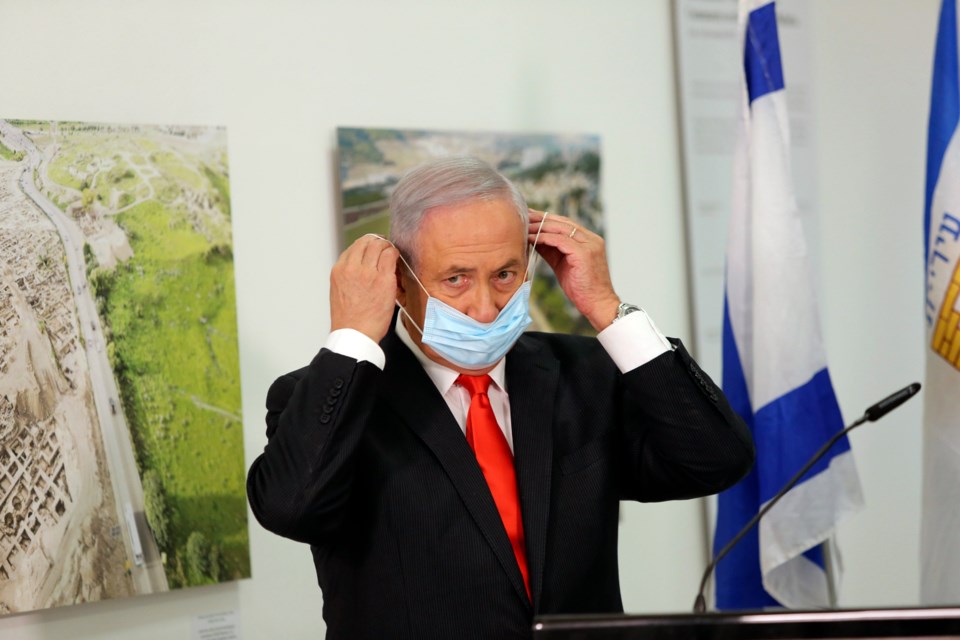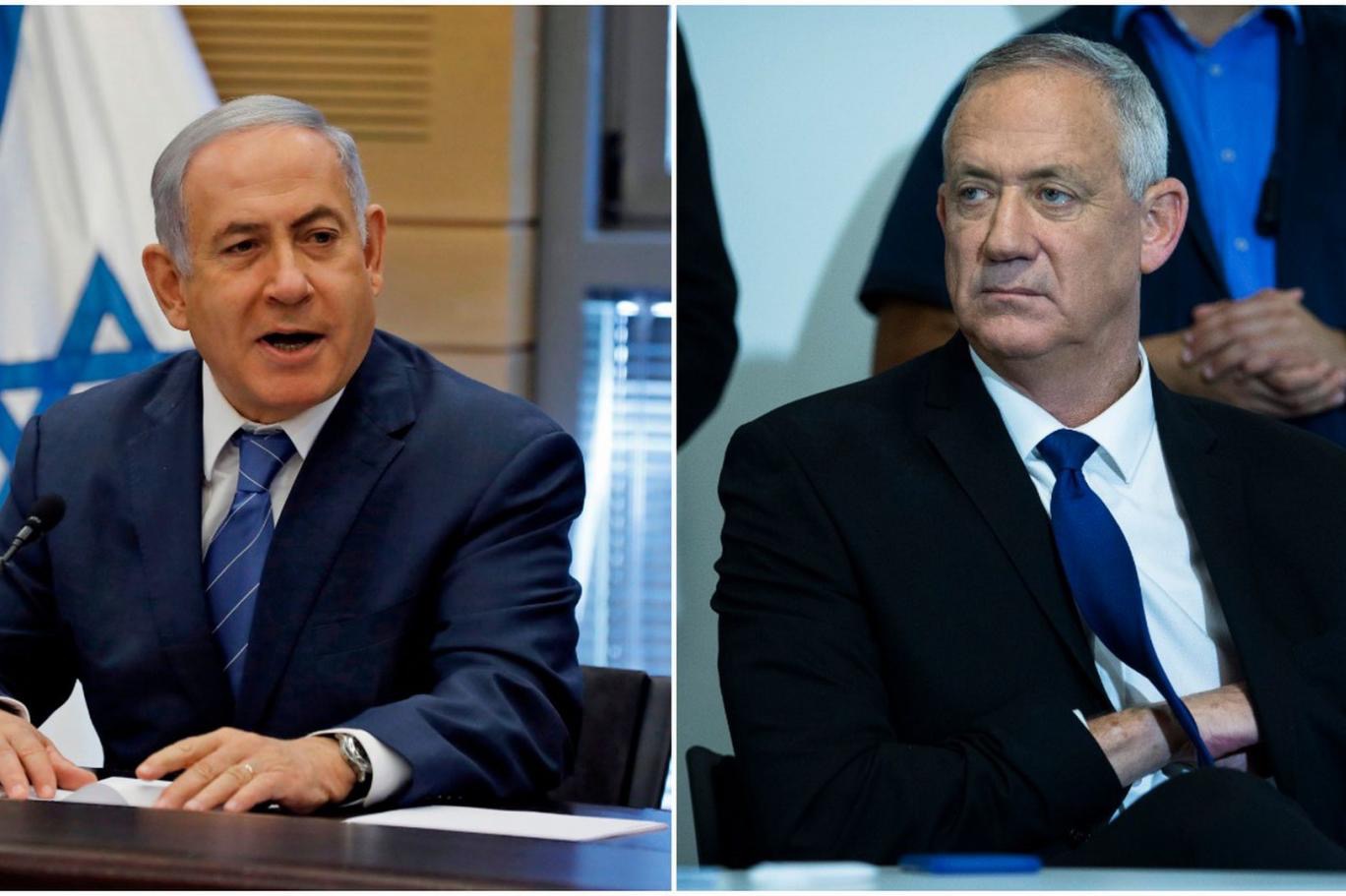
Israele è il primo paese a imporre un secondo lockdown
La scorsa primavera Israele è stato uno dei primi paesi ad adottare misure di contenimento sociale per evitare la diffusione del coronavirus, imponendo l’isolamento dei propri cittadini già dal 9 marzo, prima che l’Organizzazione Mondiale della Sanità ufficializzasse lo stato pandemico del virus; ciononostante, oggi Israele è diventata la prima nazione al mondo ad imporre un secondo lockdown a livello nazionale per via del preoccupante aumento di casi giornalieri nelle ultime settimane. Leggi Tutto

